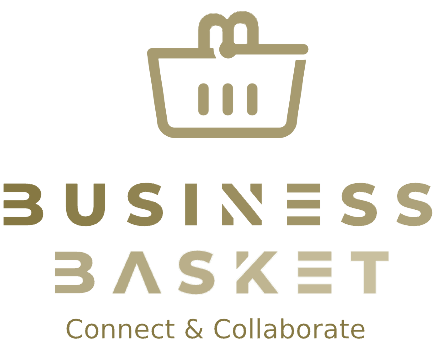Many entrepreneurs dream of building a successful business partnership. The idea of sharing responsibilities, combining strengths, and growing together sounds ideal. However, reality often looks different: no two people work at the same level of effort, think alike, or contribute in the exact same way.
So, how can a business partnership feel fair when each partner brings something different to the table?
This article explores practical tips to create fairness in a business partnership, even when partners have different work styles, energy levels, and skills.
What Does a Fair Business Partnership Mean?
In business, many people assume that fairness means splitting everything 50/50 — work, time, and profits. But true fairness in a business partnership goes beyond a simple equal split.
Fairness should be about clear communication, shared goals, and mutual respect, rather than rigid equality. A fair partnership recognizes each partner’s unique contributions, including:
-
Financial investment
-
Specialized expertise
-
Industry connections
-
Brand reputation
-
Emotional and leadership support
Why No Two Partners Are the Same
Every business partner has different strengths and weaknesses. One might be better at marketing and sales, while another excels at managing finances and operations. These differences are actually what make a partnership powerful, as long as they are managed properly.
Understanding that partners won’t contribute the same “type” or “amount” of work is the first step to building a healthy and fair business relationship.

How to Create a Fair Business Partnership
(1) Align on Shared Vision and Core Values
A successful business partnership starts with a shared vision. Before launching or scaling your business, discuss:
-
Your long-term business goals
-
Your core values and mission
-
Your definitions of success
When both partners are on the same page, it’s easier to navigate differences in working styles and contributions.
(2) Define Roles and Responsibilities Clearly
Clearly defining each partner’s roles and responsibilities is essential. This helps prevent misunderstandings and resentment down the line.
For example:
-
One partner may focus on client relationships and growth strategies.
-
The other may handle operations, systems, and finances.
A written agreement outlining these roles ensures accountability and clarity.
(3) Value All Contributions, Not Just Hours Worked
In a business partnership, contributions go beyond just the number of hours each person works. Consider:
-
Financial investment
-
Access to networks and industry connections
-
Specialized skills or licenses
-
Intellectual property or creative assets
Discuss and agree on how these contributions impact equity or profit shares from the start.

(4) Schedule Regular Reviews and Check-Ins
Business partnerships are dynamic. As your business grows, your roles and contributions may change.
Set up regular check-ins (monthly or quarterly) to discuss:
-
Workload balance
-
Emotional or mental stress
-
Whether the current arrangement still feels fair
These ongoing conversations help keep the partnership strong and prevent small issues from becoming big conflicts.
(5) Have a Conflict Resolution and Exit Plan
No matter how strong the partnership, disagreements are inevitable. Establish a clear conflict resolution plan and exit strategy early on.
Discuss:
-
What happens if one partner wants to leave?
-
How to value each partner’s share
-
How to resolve major disagreements
A well-defined plan protects both partners and ensures business continuity.
Conclusion: Fairness Is Built on Trust and Communication
A fair business partnership doesn’t mean equal effort measured hour by hour. Instead, it means both partners feel valued, heard, and respected.
When you focus on shared goals, define roles clearly, value all types of contributions, and communicate regularly, your business partnership can thrive — even if no two people work exactly the same way.
Looking to build a strong business partnership?
Start by having an open, honest conversation today. If you’d like, download our free Business Partnership Alignment Checklist to guide you through important discussions before you sign that partnership agreement.
Don’t Miss Out on Business Basket’s Networking Event!
Expand your network at Business Basket’s upcoming networking event! Connect with business owners, industry experts, and potential collaborators. Whether you’re looking to learn, find new resources, or explore partnerships, this event has something for you.
Join Sg Biz Lobang Telegram Channel to inspire your business dreams with tips, advice, and market insight.
________________________________________
This blog features articles by guest writers from Lepakcreator.com
(Credits: Pexels)





